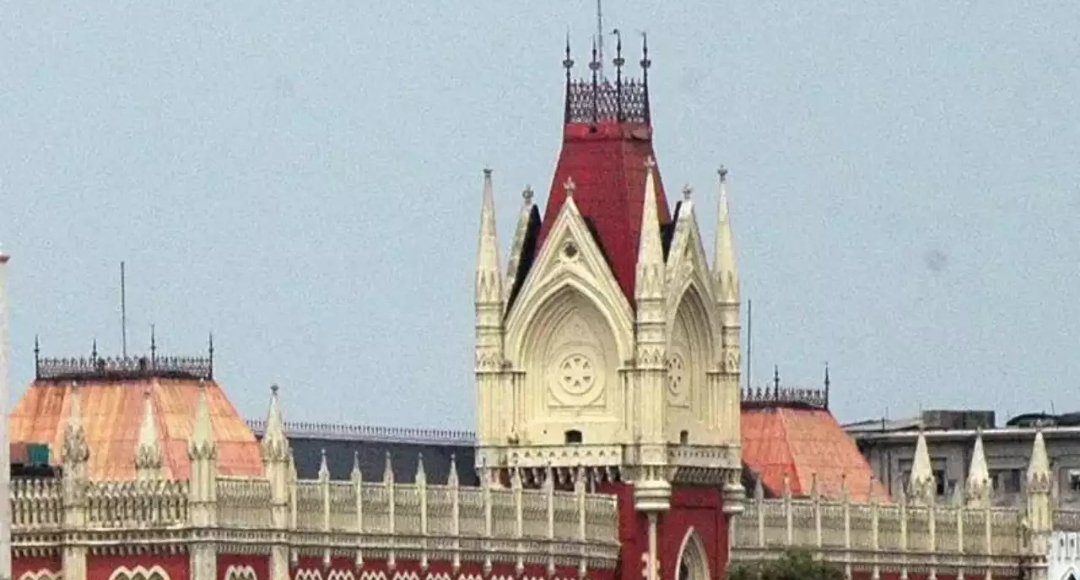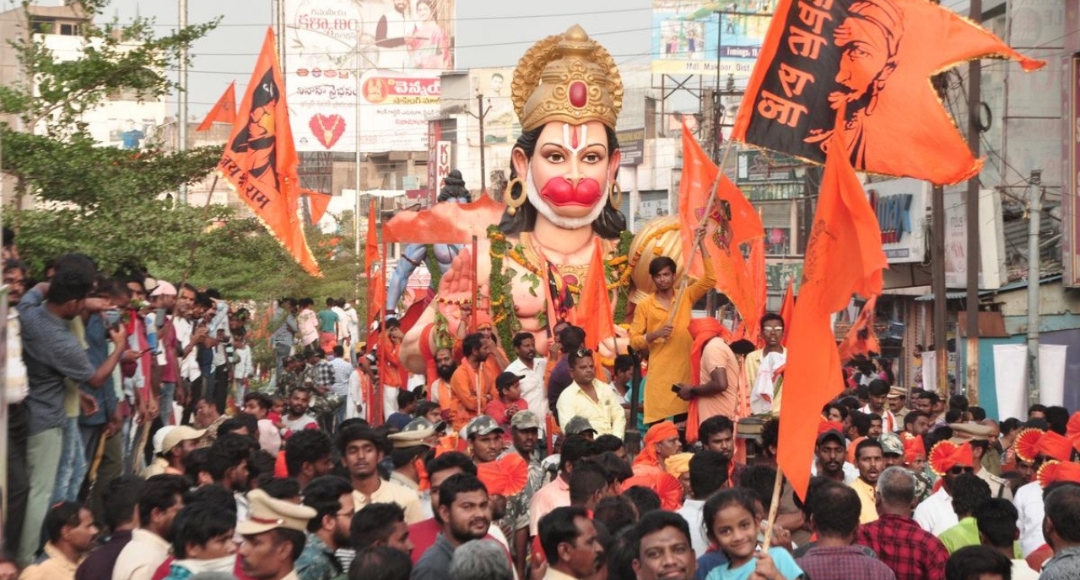In a significant decision that has caught the attention of many, the Calcutta High Court has refused permission to hold a much-anticipated Hanuman Chalisa recital on the iconic Red Road in Kolkata. The event, which was proposed to take place on April 12, 2025, had been planned to honor Lord Hanuman on his birth date. However, the Calcutta High Court has directed the event organisers to select an alternative venue, citing concerns over public safety, traffic congestion, and potential disturbances.
The Calcutta High Court Ruling and the Petitioner’s Plea

The petition, filed by the organiser, sought permission from the Calcutta High Court after the Kolkata Police raised objections to holding the recital at Red Road, a site often used for state-sponsored and public events. According to the petition, the police had offered another location for the event but did not grant permission for the prestigious Red Road venue. The organisers, determined to carry out their religious and cultural activity at this historically significant location, approached the Calcutta High Court for a final decision.
A Balancing Act Between Devotion and Public Order
The situation was complicated further when the petitioner’s lawyer argued that permission had already been secured from the Army, as the land on which Red Road stands belongs to the Indian Army. Yet, the Calcutta High Court clarified that obtaining permission from the Army was not enough to justify the event’s location, especially since this would be the first time such a programme was being held there. The court emphasized the need to ensure public safety and order, especially when new events are being introduced in an already bustling urban area.
The Emotional and Spiritual Significance of the Event
The emotional and spiritual significance of the Hanuman Chalisa recital, however, cannot be ignored. For many, this is not just an event but a moment of devotion, community bonding, and religious fervor. The April 12 date holds great importance for Lord Hanuman’s followers, and the desire to mark it in a meaningful way at such an iconic venue is understandable. Despite the setback, the organisers have expressed their commitment to carrying out the event, albeit at a different location, and are hopeful of finding a suitable venue that can accommodate the expected crowd without causing inconvenience to the public.
Balancing Religious Expression with Urban Planning

While the Calcutta High Court decision is seen as a step toward maintaining order and public safety, it also brings to light the ongoing debate about balancing religious and cultural expressions with the practicalities of city life. It remains to be seen whether the organisers can find a venue that meets all the necessary criteria while still honoring the significance of the event.
Disclaimer: This article is a creative and original piece based on the events that occurred concerning the Calcutta High Court ruling. It does not reflect any opinions or biases and aims only to inform readers of the facts surrounding the issue.
Also Read:
When Law and Love Unite: Supreme Court Applauds Piplantri Tree Tradition
Evolution and Scope of Administrative Law
Supreme Court Slams Overpriced Lawyers: Justice Must Be Accessible to All






